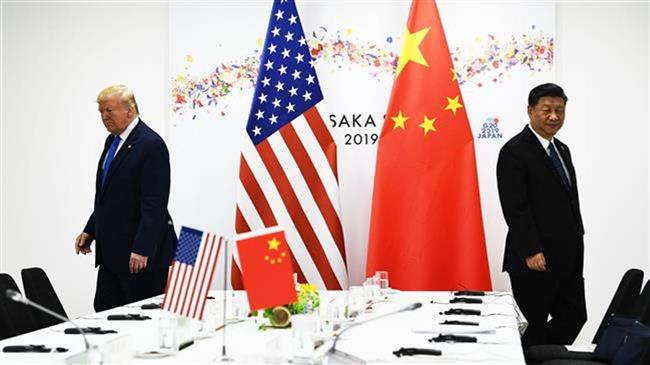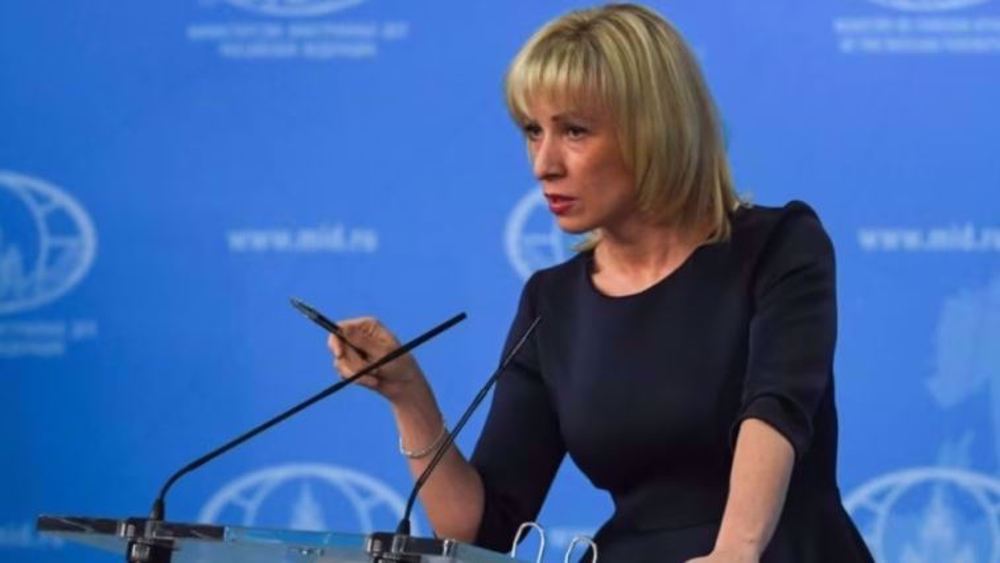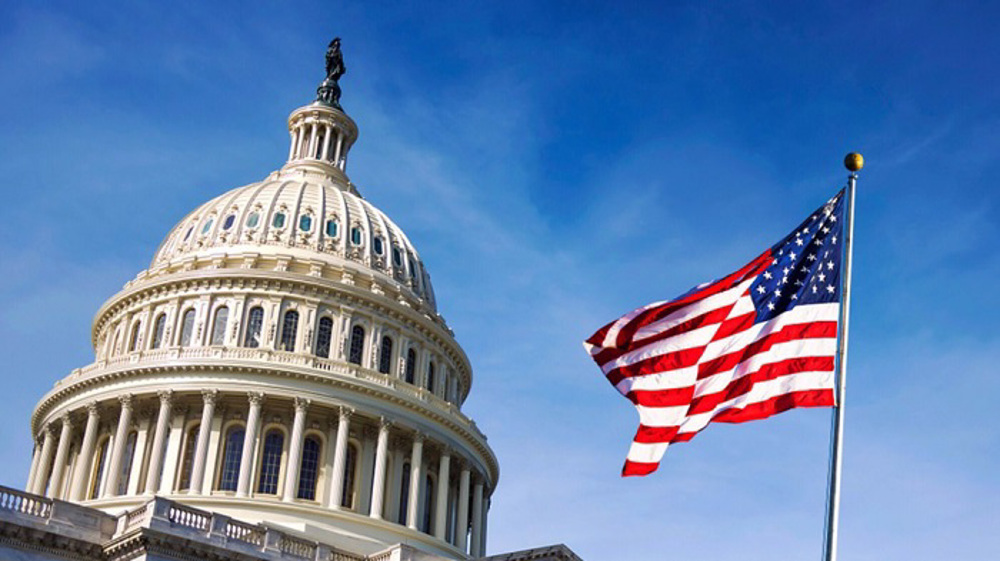COVID-19 pushes US-China relations to lowest point in decades
The coronavirus threatens to further send the already strained relations between the US and China on a rapid downward slide, at a time when cooperation between the world’s two largest economies is key to combat the pandemic and salvage the global economy.
Faced with a deep recession in an election year, US President Donald Trump has increasingly blamed China for the spread of the virus that has caused thousands of deaths and millions of job losses in the United States.
The Republican president has accused Beijing of keeping the world in the dark during the initial outbreak. He has also claimed that China “will do anything they can” to make him lose in the November election.
Trump’s attack on China is in line with a leaked GOP memo, which urged Republican presidential candidates to address the coronavirus crisis by aggressively attacking China. The 57-page memo stresses three lines of attack; that China triggered the pandemic by “covering it up,” that Democrats are “soft on China,” and that Republicans will “push for sanctions on China.”
In addition to sanctions, the Trump administration is reportedly devising a long-term plan to punish China on multiple fronts, including the possibility of canceling US debt obligations and drawing up harsher trade policies. Trump and his aides are also encouraging US allies to join the pressure campaign against Beijing.
Trump has threatened to impose more tariffs on Chinese exports, ignoring warnings that a new round of trade war could further hit the global economy as the world heads for the worst recession since the Great Depression in the 1930s.
The dramatic spike in tensions comes on the heels of a two-year trade war that had already pushed relations to new lows and spurred talk of decoupling.
Last week, President Trump and Secretary of State Mike Pompeoramped up the rhetoric even further, claiming --without providing evidence-- that the coronavirus has originated at the Wuhan Institute of Virology.
Beijing categorically rejected the accusation, dismissing it as an election strategy used by the Trump campaign to boost the president’s standing with his Republican base.
The claim contradicts the judgment of US intelligence agencies, the World Health Organization and most virologists. The Office of Director of National Intelligence has issued a statement, saying it “concurs with the widespread scientific consensus that the COVID-19 virus was not man-made or genetically modified.”
Beijing has pushed back against such criticism with increasingly fierce rhetoric and has accused the US military of spreading the virus in China in the first place.
Shi Yinhong, an adviser to the Chinese government and international relations professor at China's Renmin University, said bilateral relations have now "reached the lowest point since 1972," when former US President Richard Nixon made his historic visit to Beijing to normalize ties with China, which for years had been diplomatically isolated from the West.
"Since the start of 2018, China-US relations have already entered a state of comprehensive competition and rivalry. Since the pandemic, however, the relations have suffered a major blow," Shi said told CNN.
Experts say while Trump’s approach to China is not necessarily new, the stakes for decoupling are much higher now.
A recent internal report has warned Chinese leaders that tensions could spiral out of control and in a worse-case scenario China needs to be prepared for an armed confrontation with the United States.
VIDEO | UK govt. Rwanda bill denounced as 'state-sponsored people trafficking'
VIDEO | Iran president visits Lahore, Pakistan’s cultural hub
North Korea: US military drills drive regional security into turmoil
UN agency chief for Palestinians urges probe into staff killings
200 days of Israeli war on Gaza and 200 headlines whitewashing genocide
VIDEO | 200 days of US-Israeli genocide
Iran’s security chief in Russia to underline Israel’s aggression
VIDEO | Smoke rises from Gaza as fighting continues













 This makes it easy to access the Press TV website
This makes it easy to access the Press TV website